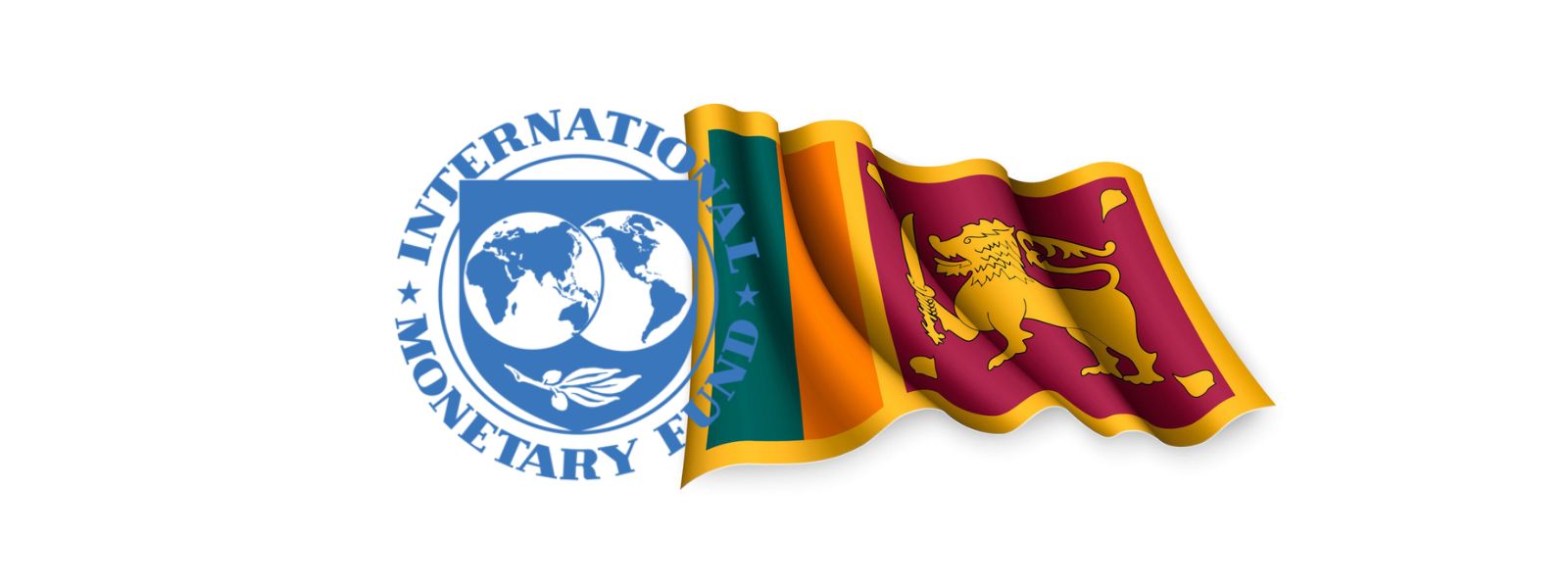.webp)

IMF Urges Sri Lanka to Restore Cost-Recovery Electricity Pricing
COLOMBO (News 1st); The International Monetary Fund (IMF) on Friday (25) reached a staff-level agreement with Sri Lankan authorities on the Fourth Review of Sri Lanka’s reform program, supported by the IMF’s 48-month Extended Fund Facility (EFF) arrangement.
This agreement, however, comes with crucial conditions that Sri Lanka must fulfill to secure further financial support.
The IMF noted that the staff-level agreement is subject to IMF Executive Board approval, and is contingent on several conditions.
The IMF has emphasized the importance of restoring cost-recovery electricity pricing in Sri Lanka. This measure is essential to minimize fiscal risks and enable appropriate investments in the country's electricity infrastructure. The automatic electricity price adjustment mechanism must function properly to ensure that prices reflect actual costs and market conditions.
Additionally, the completion of financing assurances review is required, focusing on confirming multilateral partners’ committed financing contributions and adequate debt restructuring progress.
Upon successful completion of the IMF Executive Board review, Sri Lanka will gain access to SDR 254 million (about US$344 million), bringing the total IMF financial support disbursed under the arrangement to SDR 1,270 million (about US$1,722 million).
Sri Lanka’s ambitious reform agenda continues to deliver commendable outcomes.
The IMF said that the nation has experienced a remarkable post-crisis growth rebound of 5 percent in 2024. Revenue mobilization reforms have significantly improved the revenue-to-GDP ratio to 13.5 percent in 2024, up from 8.2 percent in 2022.
Gross official reserves reached US$6.5 billion at the end of March 2025, bolstered by sizeable foreign exchange purchases by the central bank.
Substantial fiscal reforms have strengthened public finances, and Sri Lanka’s debt restructuring is nearly complete, noted the IMF.
Program performance remains strong overalln said the IMF noting that preliminary data indicates that most end-March quantitative targets were met, and most structural benchmarks due by end-April were either met or implemented with delay.
However, the continuous structural benchmark on cost-recovery electricity pricing remains unmet. Inflation remains below the Monetary Policy Consultation target band.
Despite recent external shocks and evolving developments creating significant uncertainty for the Sri Lankan economy, sustained revenue mobilization efforts and prudent budget execution are critical to preserving limited fiscal space.
The tax exemption framework should be well-designed to reduce fiscal costs and corruption risks while enabling growth. Reforms to boost tax compliance are important to deliver revenue gains without resorting to additional tax measures.
Rebuilding external buffers through reserves accumulation remains crucial to allow appropriate responses if shocks materialize, said the IMF.
It added that inflationary pressures are contained, and banks are well-capitalized, though continued monitoring is warranted to ensure sustained price and financial stability.
The IMF stressed that the government has a vital responsibility to protect the poor and vulnerable during this uncertain time. Efforts to improve targeting, adequacy, and coverage of social safety nets must continue. Fiscal support needs to be well-targeted, time-bound, and within the existing budget.
Other Articles
Featured News





.png )
-789167_550x300.jpg)
-789161_550x300.jpg)
-789155_550x300.jpg)
-789146_550x300.jpg)

-773369_850x460-774182_850x460-789120_550x300.jpg)


-788581_550x300.jpg)



-785316_550x300.jpg)








.webp)






